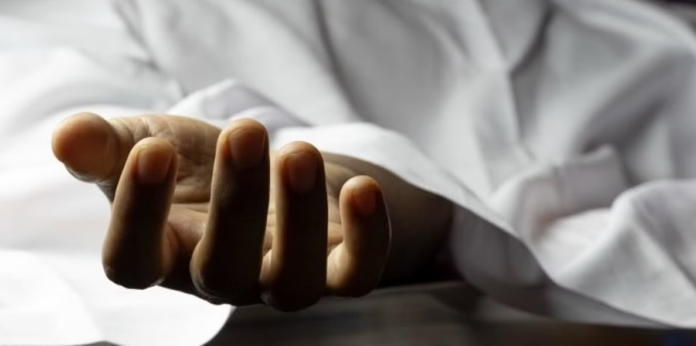Zakia Jafri, a tireless survivor of the 2002 Gujarat riots and the widow of former Congress lawmaker Ehsan Jafri, passed away on Saturday at the age of 86. She died peacefully at her daughter’s home in Ahmedabad, where she had been living since January. According to her son, Tanvir Jafri, Zakia had completed her morning routine and had breakfast before feeling unwell. After resting in bed, her condition worsened, and despite the arrival of a doctor, she was declared dead.
Zakia’s life was marked by tragedy, but it was her unwavering pursuit of justice that earned her national recognition. Ehsan Jafri, her husband, was one of 69 people brutally killed inside Gulbarg Society in Ahmedabad on February 28, 2002, a day after the Godhra train burning incident, which ignited widespread communal violence across Gujarat. While Zakia narrowly survived the attack, she would spend the next two decades fighting a legal battle to hold those responsible for the violence accountable. Her legal efforts focused on pressing charges against top political figures she accused of orchestrating the riots.
Zakia’s pursuit of justice became emblematic of resilience and determination in the face of unspeakable loss. Despite the challenges and the many years of struggle, she persisted, even taking her case all the way to the Supreme Court. Her tenacity in seeking justice for the victims of the Gujarat riots stood in stark contrast to the complacency and indifference of many in positions of power.
Her passing has been met with heartfelt tributes from those who knew her and admired her courage. Social activist Teesta Setalvad called Zakia “a compassionate leader of the human rights community,” and expressed that her visionary presence would be sorely missed. Lok Sabha member Asaduddin Owaisi, who also paid tribute to Zakia, shared a post on social media recalling her strength: “Zakia Jafri watched her husband being murdered by a mob in 2002. For nearly two decades, she fought a lonely legal battle against some of India’s most powerful men, never showing fear.” Owaisi further offered condolences, praying for peace for her and strength for her loved ones.
Zakia Jafri’s death marks the end of an era of unrelenting perseverance for justice, but it also brings into focus the tragic and unresolved consequences of the Gujarat riots. While her passing closes a chapter in the pursuit of justice for the victims, it serves as a reminder of the systemic issues surrounding accountability and the state’s failure to adequately address the riots’ aftermath. Zakia’s legacy, as a symbol of courage and resilience, will continue to inspire those who strive for justice in the face of powerful opposition.



